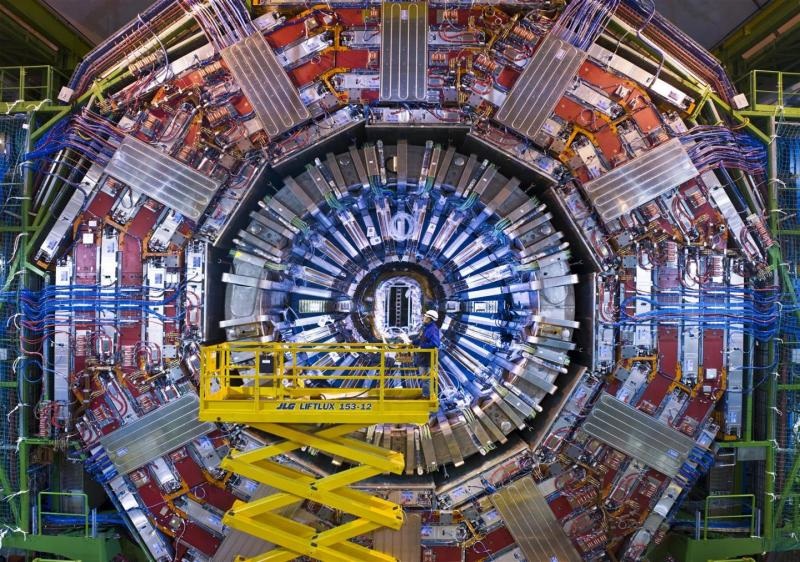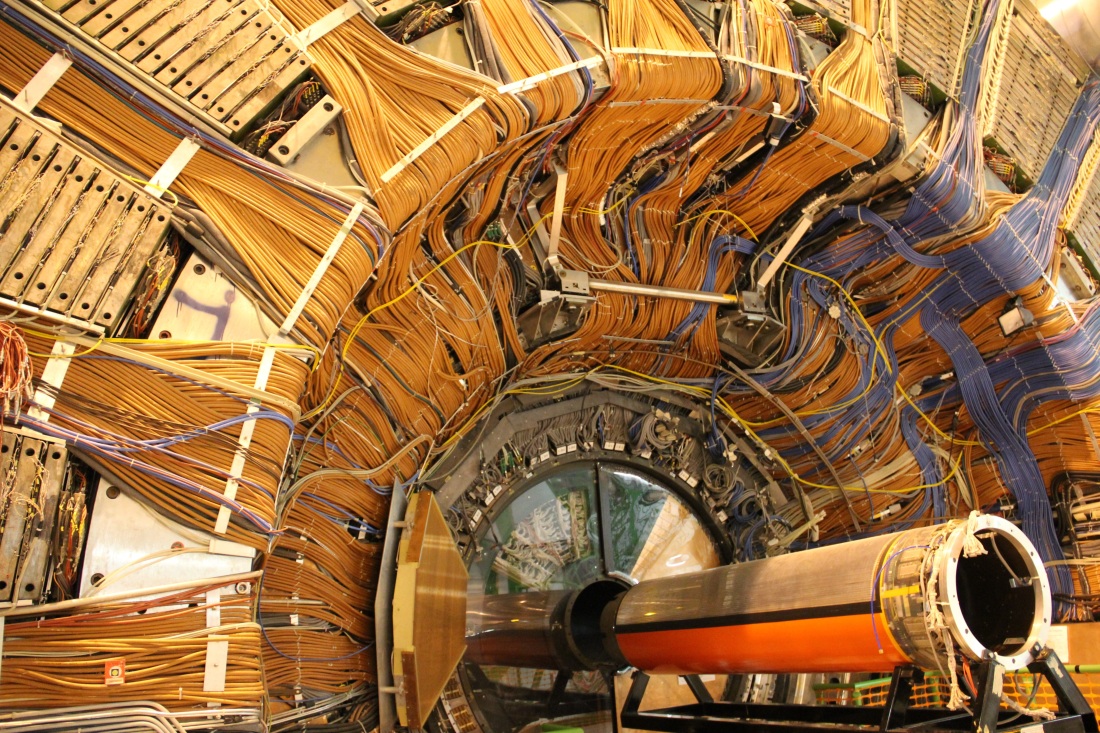Jan 13, 2017
No writer credit

Signing the agreement.
On 21 November, CERN signed an agreement with Sekhar Basu, chairman of the Atomic Energy Commission (AEC) and secretary of the Department of Atomic Energy (DAE) of the government of India, to admit India as an associate Member State.
India has been a partner of CERN for more than 50 years, during which it has made substantial contributions to the construction of the LHC and to the ALICE and CMS experiments, as well as Tier-2 centres for the Worldwide LHC Computing Grid. A co-operation agreement was signed in 1991, but India’s relationship with CERN goes back much further, with Indian institutes having provided components for the LEP collider and one of its four detectors, L3, in addition to the WA93 and WA89 detectors.
The success of the DAE–CERN partnership regarding the LHC has also led to co-operation on novel accelerator technologies through DAE’s participation in CERN’s Linac4, SPL and CTF3 projects. India also participates in the COMPASS, ISOLDE and nTOF experiments at CERN.
In recognition of these substantial contributions, India was granted observer status at CERN Council in 2002. When it enters into force, associate membership will allow India to take part in CERN Council meetings and its committees, and will make Indian scientists eligible for staff appointments. “Becoming associate member of CERN will enhance participation of young scientists and engineers in various CERN projects and bring back knowledge for deployment in the domestic programmes,” says Basu. “It will also provide opportunities to Indian industries to participate directly in CERN projects.”
See the full article here .
Please help promote STEM in your local schools.
Stem Education Coalition
THE FOUR MAJOR PROJECT COLLABORATIONS








